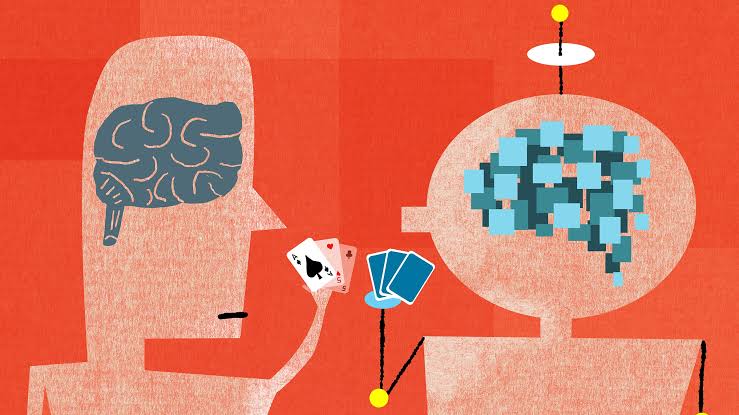
The Turing Test Revisited: Can Machines Really Think Like Humans?
By Adedayo Oyetoke, Published on: May 17th 2023 3 min, 529 word Views: 1182
The Turing Test is a famous thought experiment proposed by the mathematician and computer scientist Alan Turing in 1950. The test is designed to determine whether a machine can exhibit intelligent behavior that is indistinguishable from that of a human. In the decades since Turing proposed the test, it has become a touchstone for discussions about artificial intelligence (AI) and the nature of consciousness. In this blog, we will revisit the Turing Test and explore the question of whether machines can really think like humans.
The Turing Test
The Turing Test is a simple but powerful thought experiment. It involves a human judge who is asked to determine whether they are communicating with a human or a machine. The machine is hidden from view, and the judge can only communicate with it through a text-based interface. If the judge is unable to distinguish between the human and the machine, then the machine is said to have passed the Turing Test.
The Turing Test is often cited as a benchmark for artificial intelligence, and many researchers have attempted to create machines that can pass the test. However, the test has also been criticized for its simplicity and its reliance on a narrow definition of intelligence.
Can Machines Really Think Like Humans?
The question of whether machines can really think like humans is a complex and controversial one. On the one hand, machines are capable of performing many tasks that were once thought to require human intelligence, such as playing chess, recognizing faces, and translating languages. These achievements have led some researchers to argue that machines are capable of thinking like humans, at least in some limited sense.
On the other hand, there are many aspects of human intelligence that machines have not yet been able to replicate. For example, machines are not capable of experiencing emotions, forming personal relationships, or engaging in creative activities like art and music. These limitations have led some researchers to argue that machines are fundamentally different from humans, and that they are not capable of truly thinking like humans.
The Future of AI and the Turing Test
Despite the ongoing debate about whether machines can really think like humans, there is no doubt that AI is rapidly advancing and becoming more sophisticated. As machines become more capable of performing complex tasks and interacting with humans, the question of whether they can truly think like humans will become even more pressing.
In the future, it is possible that the Turing Test will be revised or replaced with a more sophisticated test that takes into account the full range of human intelligence. It is also possible that machines will continue to evolve and become more human-like in their behavior and capabilities.
In conclusion, the question of whether machines can really think like humans is a complex and controversial one. While machines are capable of performing many tasks that were once thought to require human intelligence, there are also many aspects of human intelligence that machines have not yet been able to replicate. As AI continues to evolve and become more sophisticated, the question of whether machines can truly think like humans will remain an important and fascinating topic of discussion.
